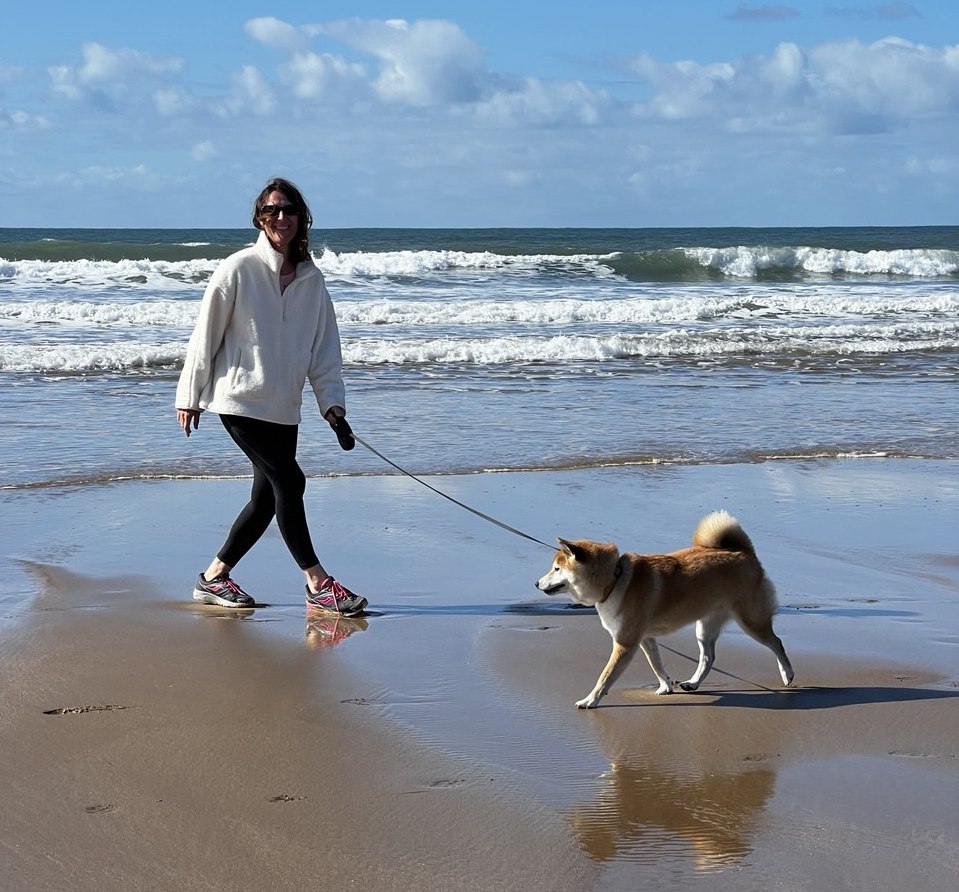Why do we avoid making decisions?


Surely you’ve encountered a situation more than once where you need to make a decision, but you refuse to? Why, even though we understand that any inaction is a missed opportunity, do we still do nothing? Why do we make decisions that are essentially a lack of decision? Let’s figure it out!
But before you learn about the 9 reasons why we don’t make decisions, remember the main thing about the psychology of decision-making for all people:
- all people avoid making decisions
- all people prefer not to take any action
- all people prefer to postpone making decisions

What is the difference between procrastination and decision avoidance?
Another important point about why we avoid making decisions is to be able to distinguish this from procrastination. Procrastination is when you have the intention to do something (the decision has already been made), but you do something that contradicts your intention (the decision made). Even if you do nothing, it’s the same as doing something for our psyche.
So, avoiding decisions isn’t procrastination. But what other functions might our behavior serve? Avoidance can have protective functions. Yes, we can protect ourselves from something. We can ignore the fact that the decision is important. We can distract ourselves in every way, shift responsibility to others, or look for reasons why the decision will make things worse. If we look at it from a biological perspective, this is how our brain protects us. Why? Because any change is potentially dangerous for us.
How do emotions influence decision-making? For example, if for some reason you suspect that a decision will leave you disappointed or regretful, you’ll likely avoid it. We might fear being disappointed in the future and inaction, but there are emotions that inhibit us even before making a decision—fear, terror, and anxiety. It’s logical that we choose to make a decision that minimizes our negative emotions. Therefore, if the decision is very important, it’s best to first address your emotions so they don’t influence your decision.
Interesting fact
People often regret some of their actions, weeks of inaction.
9 Reasons Why People Avoid Making Decisions
- We prefer options that won’t lead to any changes or don’t require any action. It’s a paradox: on the one hand, we dream of changing our lives for the better, but we make decisions that won’t lead to change. The overwhelming majority of people repeat their past choices.
- Delaying Choice. We often choose not to make a choice. This could be a short period of time, allowing ourselves time to explore better options. Or it could be a complete avoidance of responsibility. Research has also shown that when a person has only one option, they don’t postpone the choice. And the more options we have from which to choose and make a decision, the more we tend to avoid them. Therefore, if you need to make a decision urgently, reduce the number of options.
- Low attractiveness of options is another reason for avoiding decisions. If we have to make a decision right now, and none of the options seem worthwhile, we’ll avoid making a choice. It’s important to give ourselves time to find the best option.
- Another reason we avoid making decisions is a lack of a clear understanding of our preferences. Or, more simply, when we don’t know what we want. All options will seem unattractive if they’re not ours, not for us, and not about us.
- Two factors make decision-making easier. First, we always find it easier to make a decision if we have two or more options. Often, we limit ourselves by thinking we must choose only one. Second, decisions are easier for those who are willing to compromise.
- It is easier for us to make a decision if it is inevitable.
- It is easier to make a decision if its consequences are reversible.
- We find it difficult to make decisions when options are unclearly structured or poorly formulated. All options should be clear and understandable.
- Our past experiences influence our decision-making. Research has shown that after we’ve made a decision once and it turned out to be a failure, we’re more likely to stick with it the next time.
Decision-making is an important part of life. Literally every day, we make decisions and choices. Or we don’t. If you’re struggling with decision-making, come to me for psychotherapy—together, we’ll find a way to make good decisions for you.



